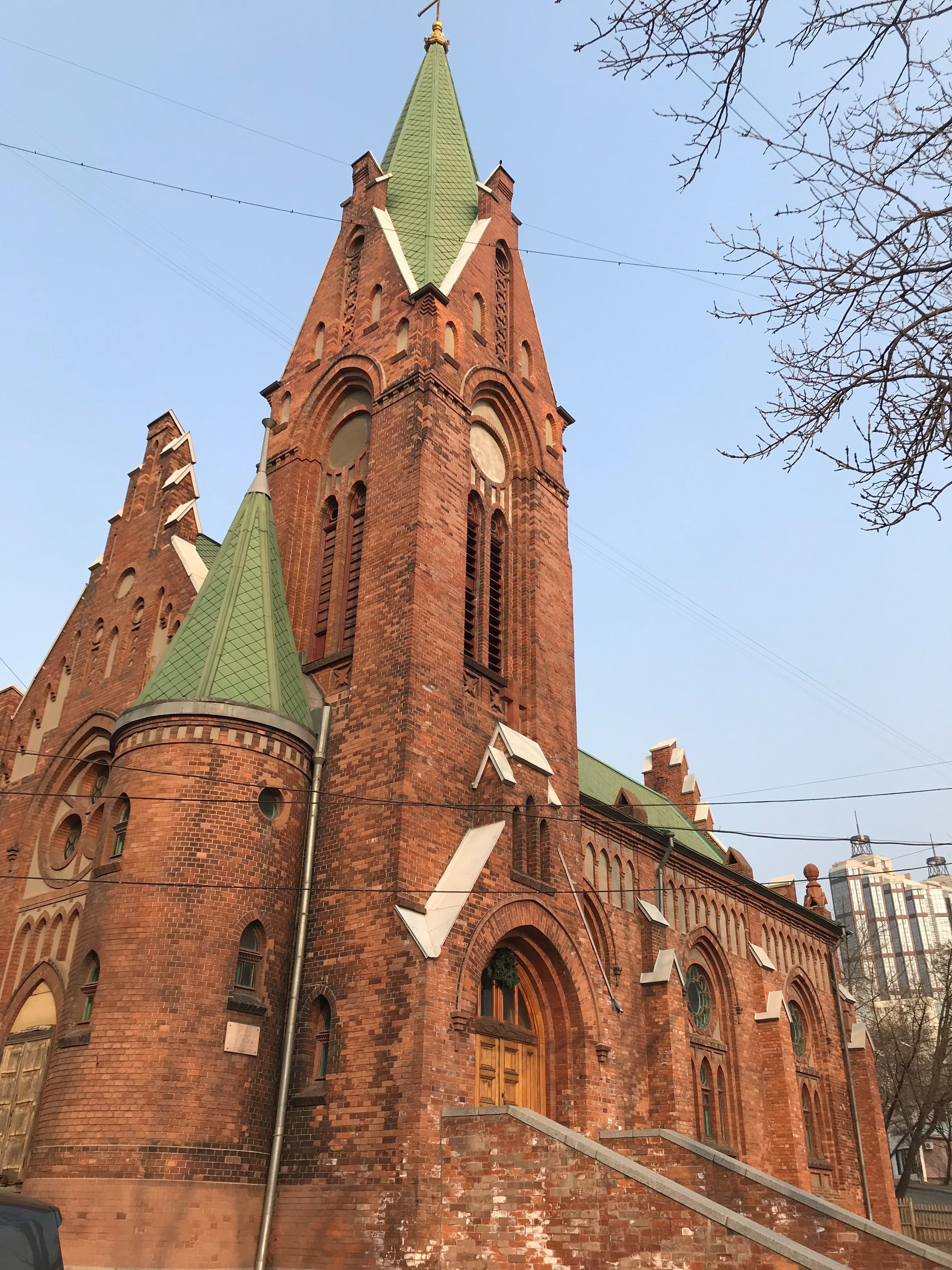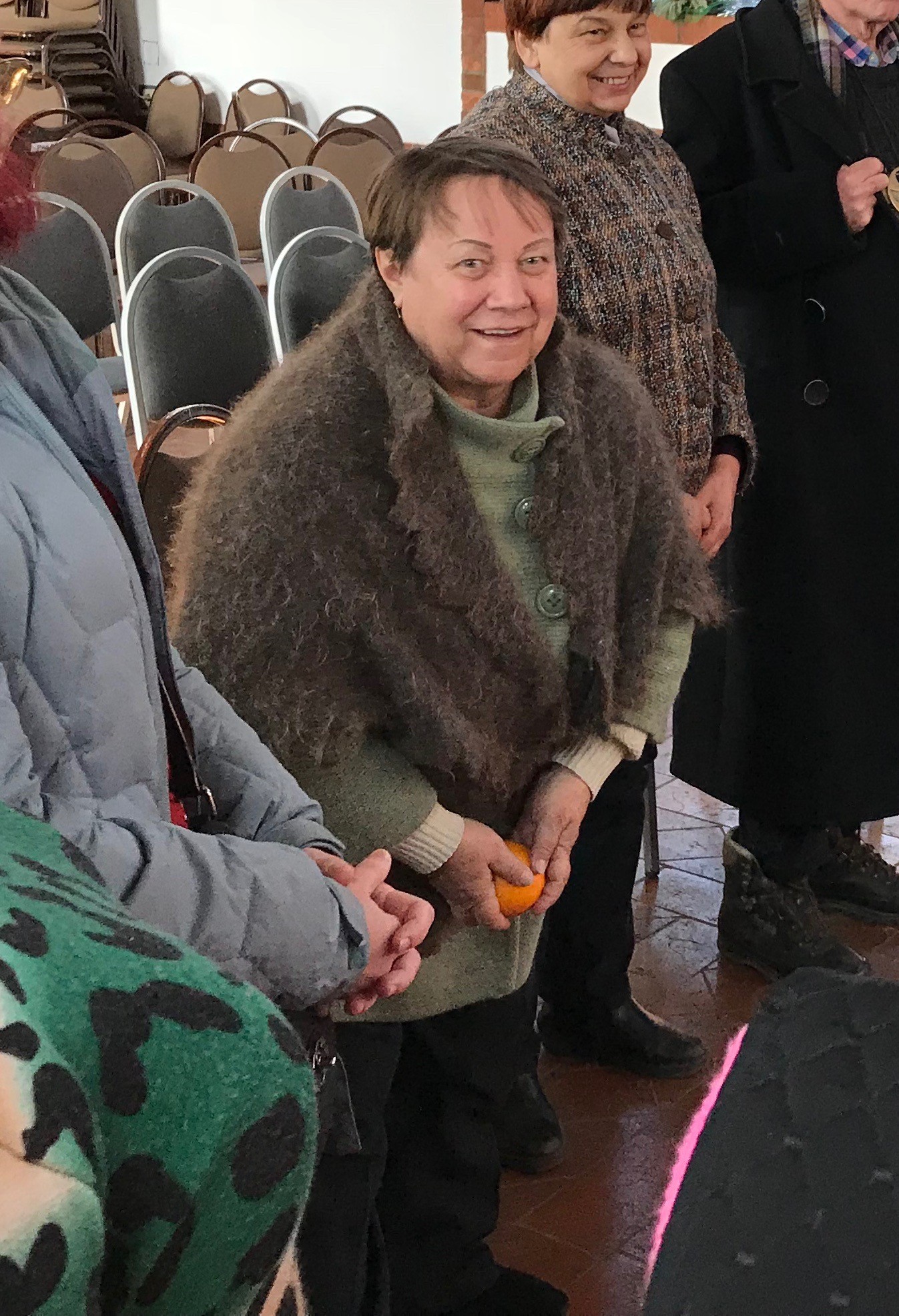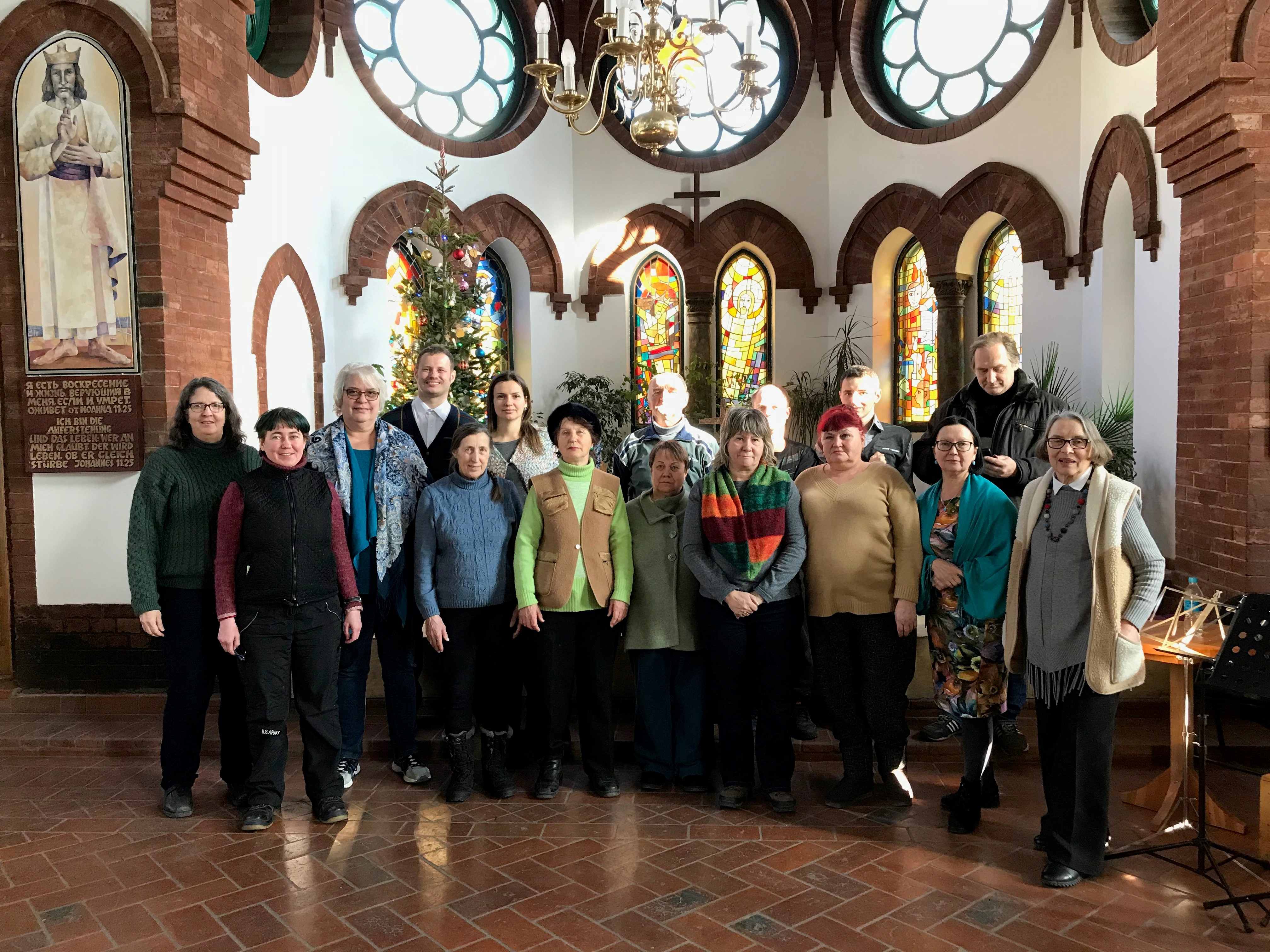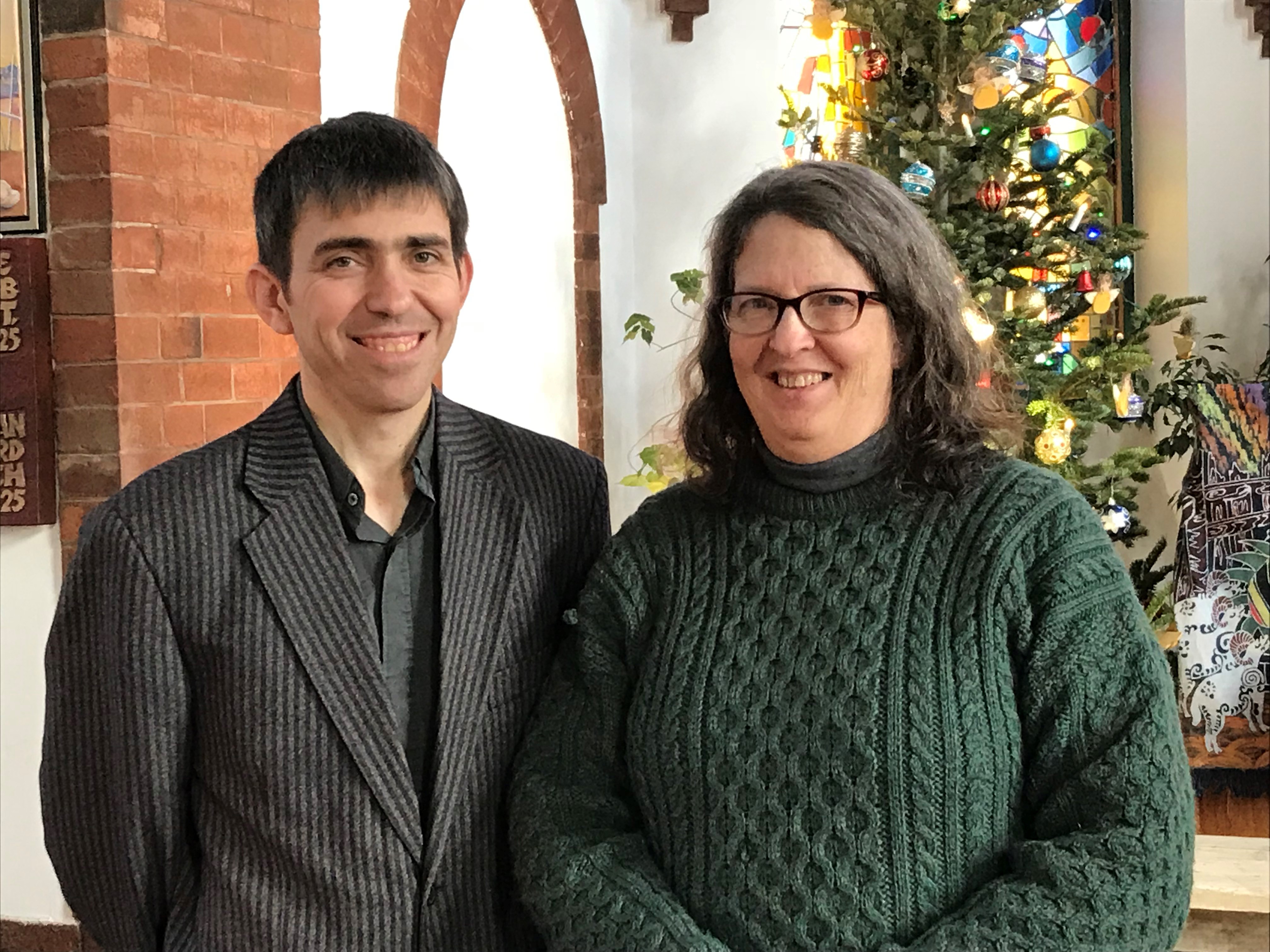A Letter from Ellen and Al Smith, serving in Belarus, Germany and Russia
January 2019
Write to Al Smith
Write to Ellen Smith
Individuals: Give online to E200406 for Alan and Ellen Smith’s sending and support
Congregations: Give to D507149 for Alan and Ellen Smith’s sending and support
Churches are asked to send donations through your congregation’s normal receiving site (this is usually your presbytery)
Bradn Buerkle is an ECLC (Evangelical Lutheran Church in America) pastor who serves as a pastor and an educator in partnership with ELCER (Evangelical Lutheran Church of European Russia). Bradn arrived in Russia at nearly the same time as I (Ellen) did 18 years ago, and we have been friends ever since. Currently, he is engaged in a program to equip congregations with educational programs to meet their needs and serves as dean of the Far East.
Bradn and I have begun to cooperate where we can with seminars for both the Russian Lutheran Church and Moscow Protestant Chaplaincy. Two years ago, we organized a seminar on PTSD and congregational care. This January, we organized a seminar in Vladivostok focused on compassionate listening as a means of avoiding and healing conflict. Susanne Smith-Hinz, a German friend from the American Church in Berlin who specializes in non-violent communication, made the long journey across nine time zones to serve as our speaker.
From the beginning of our planning, I was concerned about bringing someone a bit fearful of traveling to Russia not just to Moscow, but all the way to Vladivostok, the eastern rim of Russia on the Pacific coast. Furthermore, we were asking her to make this long journey in January. There were some cultural challenges along the way, but Susanne proved herself to be culturally sensitive and able to adapt. Her style was something new for those gathered. People had come from great distances across the very broad Far East Deanery — for a chance to connect out of their isolation (churches in the deanery are far from each other) around a topic of interest. The program was interactive, with various games. Bradn and I hadn’t known how that would be received, but many expressed in their post-seminar evaluations that they want more of this. We are still reflecting, but Bradn and I hope to work together on another seminar in June. Click here to read Bradn’s account of the January seminar.
I joined Bradn and Susanne on this journey as support and for the opportunity to get to know another congregation and another region. What an extraordinary blessing the journey has been. Vladivostok was a closed city during Soviet times, but that has changed. On the border of China and North Korea and across the waters from Japan, Vladivostok is now a great trading port and has a very international feel to it. St. Paul’s Lutheran Church is a warm, hospitable and talented group of people. Their presence in the Far East is a story of forced migration. When Hitler invaded the Soviet Union in 1941, the Volga River Germans, who had lived in the region for 250 years, suddenly became “enemies of the people.” On August 28, 1941, a decree was issued for mass deportation to Siberia, Central Asia and other remote regions. I have known about this for years. The individual stories that come to me, though, never cease to amaze me, stories of great hardship as well as great courage and tenacity. In a place like St. Paul’s Church, I could not help but wonder about the history that surrounded me.
Our last night, we stayed with Nina and Gennadi, because their home was close to the airport. Nina was kind enough to share her family’s history. In 1941, her father was serving in the army. Her mother was deported from the Volga region to the work camp in Vorkuta, in the far north, to work in the coal mines. It had previously been deemed too difficult to mine the high-quality coal of Vorkuta, but when Stalin gave the order, the Soviet government started the work with POWs, criminals and enemies of the people (like the Volga Germans). Her father eventually returned from the war and joined the family there. It was so cold that the buildings of Vorkuta were built to hold everything — housing, shopping, clinics, etc, so that you would not have to go outside to get what you needed. Nina was born there, as was at least one of her brothers. The February night when her younger brother was born, they called for an ambulance, but it couldn’t get through. Then they tried reindeer, but reindeer are stubborn creatures, and they balked at the task. Finally, a horse and sleigh were brought in.After the death of Stalin, the Russian-Germans were allowed to move, but not to Moscow, St. Petersburg or Kiev and not back to the places from whence they were deported. Nina’s family chose to go to Kyrgyzstan, because they had family there, other deportees. Released from the gulag system, they were still seen as enemies of the people. They were called fascists in school. When Nina became engaged to Gennadi, his mother said, “Germans killed your father and now you are going to marry one!” Nina and Gennadi moved from Kyrgyzstan to Vladivostok. Most of her family moved to Germany when it became possible. Many who had married Russians had to make a hard decision — husbands were not considered family members, and repatriation to Germany was not open to them. Nina and Gennadi chose not to emigrate. Nina still regrets naming her son after her father, Genrik (Heinrich). It was hard to grow up with a German name, but he has remained in the region. Their daughter now lives in California. She does not come back to visit, but they have visited her. Nina does not begrudge her daughter at all. She understands. Vladivostok was a hard place to grow up.
Nina is a lay leader for the church. When the pastor is away, she preaches and leads worship. She has a toughness to her, but also wisdom and deep caring. During the seminar, the participants became frustrated at times with translation between German and Russian and, at times, English. They longed for a common language. Nina reminded them that we all have a common language, the language of love. In this time of global migration, when there are new languages all around us, may we all remember this common language.
I look at Vladivostok as a place for partnership someday, partnership with Presbyterians who might think about coming the other way, across the Pacific through either Tokyo or Seoul. Our Lutheran brothers and sisters have a lot to offer.
As always, we are deeply grateful for your partnership, and all the many forms it takes. We wish you God’s blessings in this new year.
Ellen and Al Smith
![]() You may freely reuse and distribute this article in its entirety for non-commercial purposes in any medium. Please include author attribution, photography credits, and a link to the original article. This work is licensed under a Creative Commons Attribution-NonCommercial-NoDeratives 4.0 International License.
You may freely reuse and distribute this article in its entirety for non-commercial purposes in any medium. Please include author attribution, photography credits, and a link to the original article. This work is licensed under a Creative Commons Attribution-NonCommercial-NoDeratives 4.0 International License.




